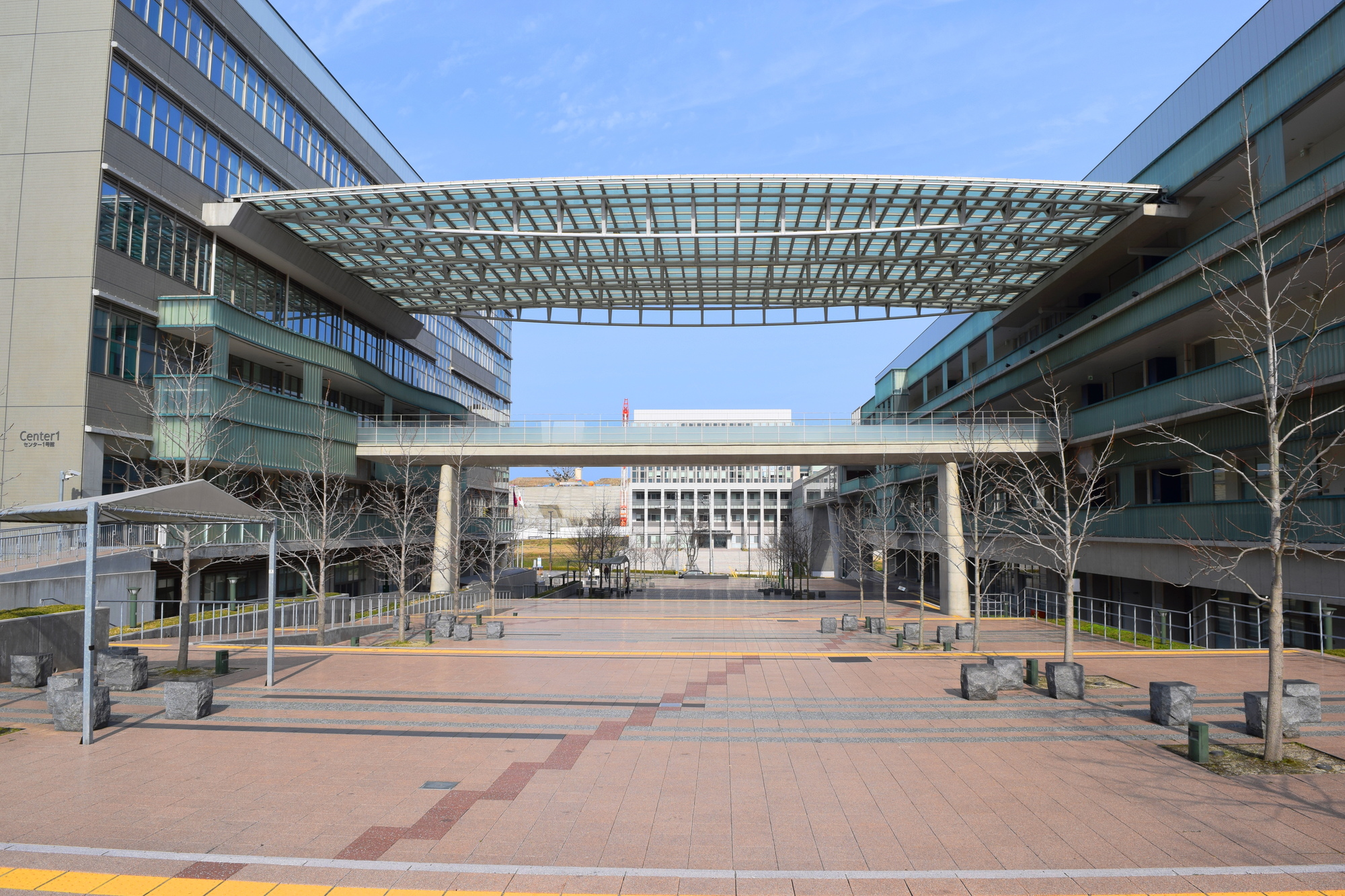Professor Hiroaki Arima and Professor Taro Yamamoto of the Institute of Tropical Medicine, Nagasaki University, said that only women in the highland people of Nepal and Mustan increase the hemoglobinometry in the blood with aging and develop hypertension. It was discovered by a research group led by Professor Takataka Nishimura of the Kyushu University Institute of Arts and Engineering.
According to Nagasaki University, the research group conducted an epidemiological survey in the Mustan-Tsarang area, where people live at an altitude of 3,560 meters, which is almost the same as the summit of Mt. Fuji, to investigate the actual state of hypoxia adaptation.
As a result, it was found that polycythemia was observed only in women in the Tsarang area, and that the hemoglobin concentration in the blood increased with aging.In general, it is a peculiar case because the hemoglobin concentration decreases as the elderly get older.Percutaneous arterial oxygen saturation, which indicates the oxygen level in the living body, showed a positive relationship with hemoglobin concentration in males, but a negative relationship in females, showing a gender difference.
When humans living on flat ground go to highlands, they increase the hemoglobin concentration in the blood and adapt to hypoxia.People living in the highlands of the Andes in South America continue to have excessively elevated hemoglobin levels and often develop polycythemia.In contrast, highlanders in the Himalayas have been shown to adapt to hypoxia by expanding blood vessels and increasing blood flow, instead of maintaining hemoglobin levels comparable to those living on flat ground.
The highlands of the Himalayas inherit the genes of the Denisovans, known as the "third humans."It is said that this genetic feature realizes hypoxic adaptation to avoid polycythemia, but it has also been reported that the balance of hypoxic adaptation is disturbed due to aging and changes in eating habits.


